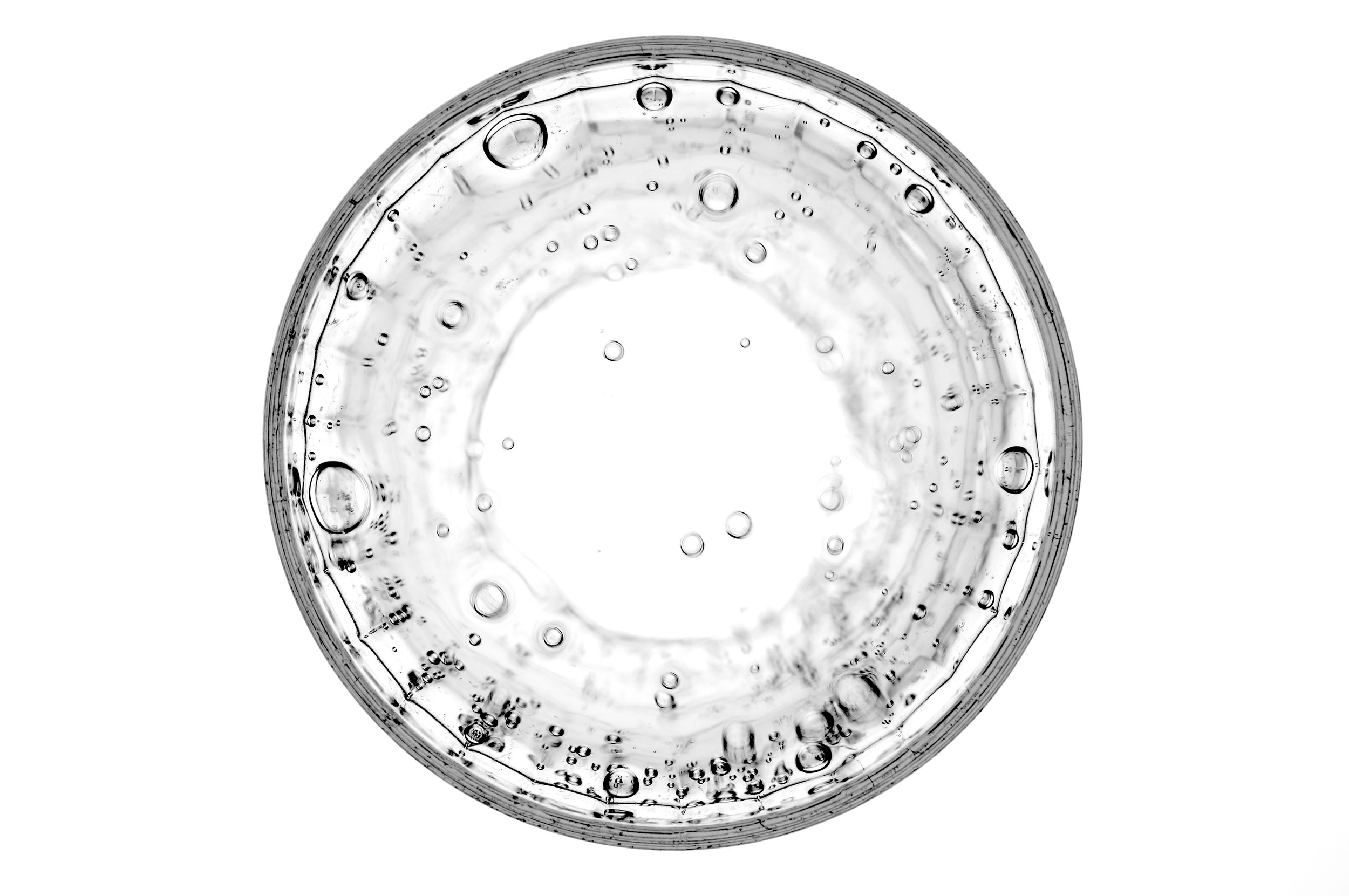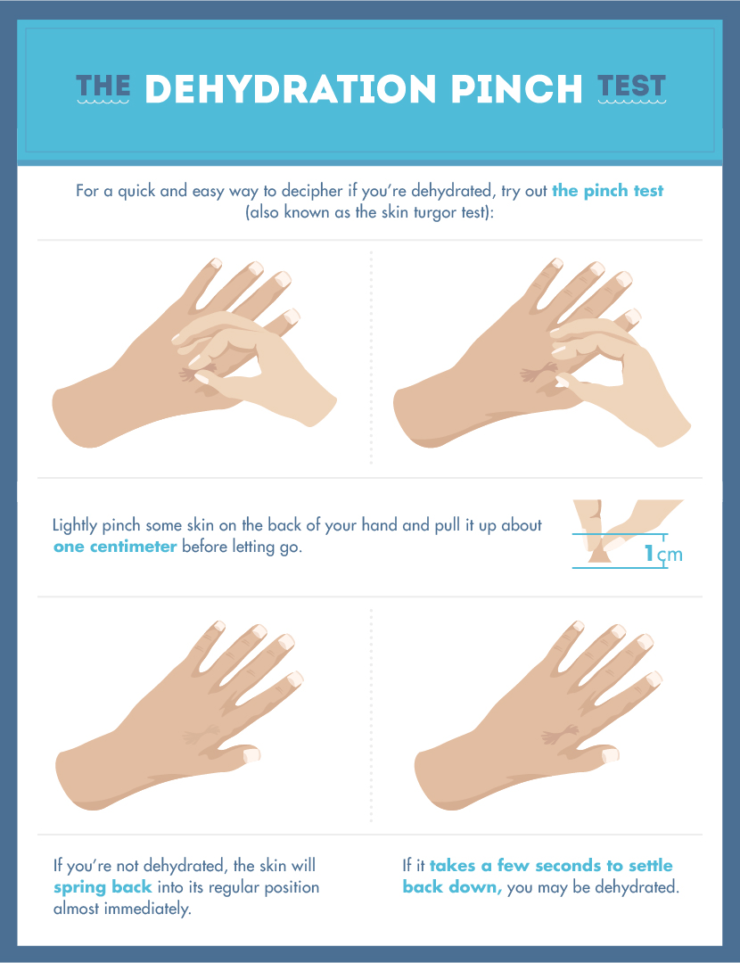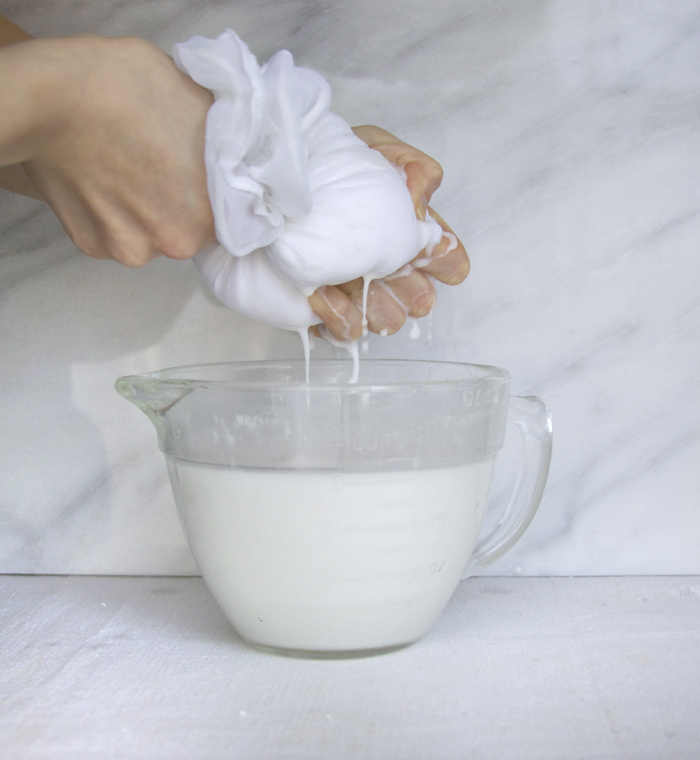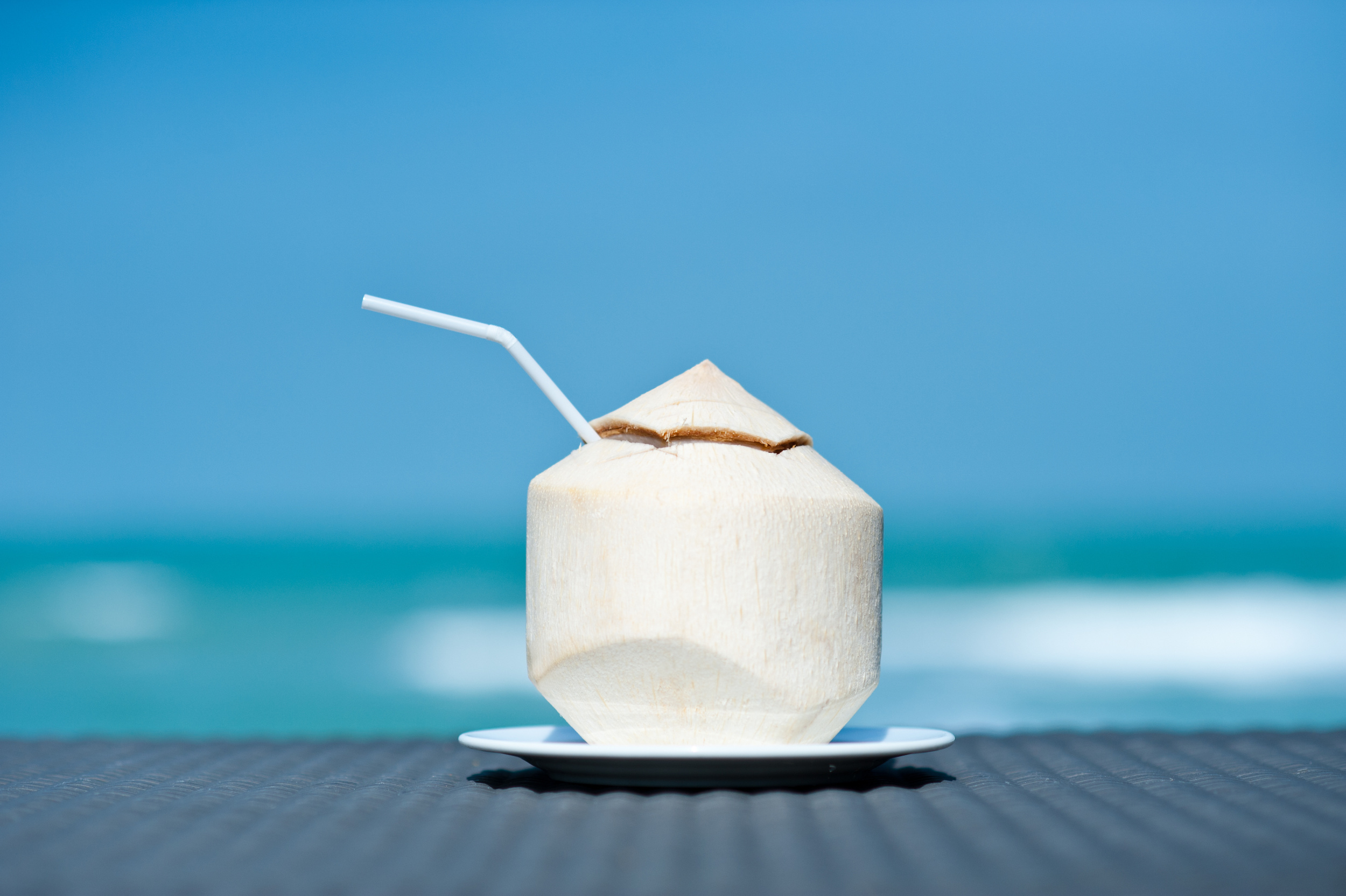It’s Women’s Health Week and studies show that while women today are leading healthier lives physically, there are still quite a few missing pieces to the overall picture of health and well-being. This week is all about reminding and encouraging women to: listen to their bodies; put their own needs first for a change; be kinder, gentler and more compassionate with themselves; and to share knowledge to help make better informed decisions about overall health and well-being.
For the next 6 days I’ll be sharing scientifically proven biohacking tips on taking charge of your overall health and wellness. Men, stay with me. You’re up in June — and you’ve got ladies in your life that can use your support.
Biohacking
Biohacking is the process of making changes to your lifestyle in order to “hack” your body’s biology and feel your absolute best. As humans, we are made up of very complex systems. Everything we put into our bodies — our foods, our thoughts, our physical movement — are inputs to our biology and have an enormous impact on our outputs — how we behave, feel, function, and perform on a daily basis.
If the goal is better outputs such as increased energy, clearer thinking, better moods, happier relationships, reduction in illness, optimum performance, and so on, then we need to adjust our inputs.
DAY 1 // HORMONES … Are your SUPERPOWER.
Seriously. Hormones change week by week and affect your brain and body in powerful and positive ways. They play a key role in your sex drive, sleeping soundly, feeling happy, creativity and productivity, maintaining a healthy weight and regular cycle, and getting pregnant.
While it’s normal to have gentle fluctuations throughout the month, I promise you, it’s not normal to be a crazy lady. If you’re experiencing wild shifts in mood, energy, sleep, or stress, your body is speaking to you.
GET YOUR LEVELS CHECKED. Make an appointment to see your doc and request blood work to check the levels of your reproductive, metabolic, and stress hormones.
Cycle Superpowers:
Since the ebbs and flows of your hormones throughout your cycle are predictable, I recommend you use them to your advantage to help you work smarter, get tasks completed, plan and schedule important things in advance, and ask for what you need.
You may have noticed that some weeks during your cycle you feel extra creative, some weeks you’re super focused and productive, and other weeks you either need to hunker down at home and not speak to a soul or are maybe you feel like a super human communicator.
Of course, there might also be times you feel like scratching someone’s eyes out, and this can either be an indicator to get those hormones checked OR you may need to pay a bit more attention to your personal needs as each week goes on and learn how to ask for what you need.
RECOMMENDATION: Check out a Hormone Horoscope or Cycle Tracking App for more information on what’s happening each day of your cycle. It’s wild. And truly helpful.
Oral Contraceptives:
Some women attempt to control their hormonal fluctuations with birth control or want their periods to go away altogether, but; I highly recommend against it. Oral contraceptives only mask the underlying health issues that are causing the rollercoaster effect in the first place and press the pause button on getting the proper care you need and will eventually have to face.
To ignore your cycle is to do your body a disservice as it’s an important indicator of your overall health.
If possible, CHOOSE ALTERNATIVE OR NATURAL BIRTH CONTROL methods to resume a self-regulated cycle and limit external hormonal input.
Endocrine Disruptors:
EDC’s or endocrine disruptive chemicals are chemicals commonly found in cosmetics, shampoos, cleaning products, plastics, and pesticides in food that not only disrupt your hormonal cycle, but increase your risk for cancer as well as affect your fertility.
RECOMMENDATION: Do your best to GO GREEN in your home, CHOOSE ORGANIC as often as possible, ELIMINATE USE OF PLASTIC water bottles and food containers, and SWAP OUT YOUR SKINCARE products for clean and safe ingredients. Look for more conscious brands that eliminate parabens, phthalates, and petroleum chemicals.
Stay with me OVER THE COURSE OF THIS week for more tips on biohacking your health and empowering the amazing women around you to do the same.
LET ME KNOW…
Have you gotten your hormone levels checked? Have you worked towards eliminating endocrine disruptors as best you can? What other adjustments have you made to your lifestyle to support your overall health and wellness? Share your favorite tips in the comments below — others in the community might benefit from your recommendations!
Come connect with me on Instagram @running_with_forks
Do you have any questions not answered in this post? Comment below or send me a note so I can continue to add information to answer your questions.



















